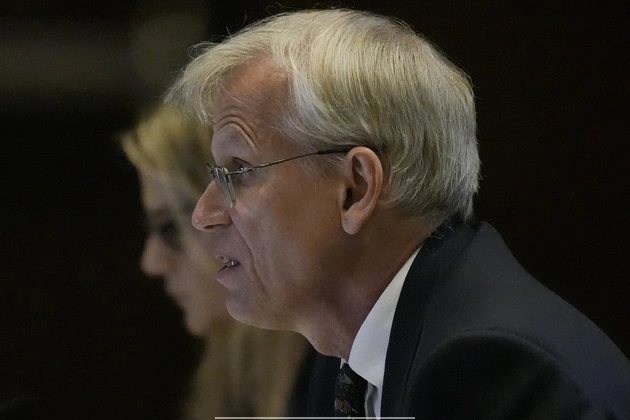
Health Secretary Robert F. Kennedy Jr.’s appointed vaccine advisory committee recently convened to discuss crucial updates to childhood vaccine schedules and decisions on flu shots. The committee’s actions signal a significant shift in federal vaccine policy towards reflecting Kennedy’s personal stance on certain vaccine components.
Key Meeting Highlights:
The panel voted to cease recommending flu vaccines containing thimerosal, aligning with Kennedy’s long-standing opposition to this preservative. Despite conflicting views on thimerosal’s safety, the committee’s decision could mark a notable influence of Kennedy’s perspectives on national vaccine policies.
Thimerosal, a mercury-based compound, has been a subject of debate due to alleged connections to autism, although scientific evidence supporting this claim remains inconclusive. The committee’s move underscores the potential impact of individual beliefs on shaping public health policies.
Expert Insights and Controversies:
Dr. Cody Meissner, the sole pediatrician on the panel, voiced concerns over discussions deviating from established scientific consensus. This stance reflects a commitment to evidence-based decision-making in vaccine policy formulation.
Meissner’s engagement in challenging topics and defending scientific principles amidst differing opinions highlights the importance of maintaining integrity and objectivity in public health discourse.
Future Policy Directions:
The committee’s upcoming agenda includes reviewing childhood vaccines and potentially revising vaccination recommendations not assessed for several years. These deliberations could lead to substantial modifications in the pediatric immunization schedule, shaping future vaccination practices.
Moreover, discussions on advising against the combined measles-chickenpox shot for young children signify a proactive approach to minimizing potential risks associated with certain vaccine formulations. Such considerations aim to enhance vaccine safety and efficacy for vulnerable populations.
Implications and Concerns:
The recent decisions and proposed policy changes by the committee may have varying impacts on vaccine accessibility and public trust. While these adjustments target specific vaccine formulations, they could disproportionately affect marginalized groups reliant on widespread vaccination initiatives.
Addressing concerns raised by anti-vaccine advocates regarding vaccine safety and efficacy remains crucial in fostering public confidence and promoting inclusive healthcare practices. Striking a balance between evidence-based recommendations and public health needs is essential for sustaining trust in vaccination programs.
As the committee continues to deliberate on vaccine policies, ongoing scrutiny and dialogue are vital to ensuring informed decision-making and safeguarding public health interests.











